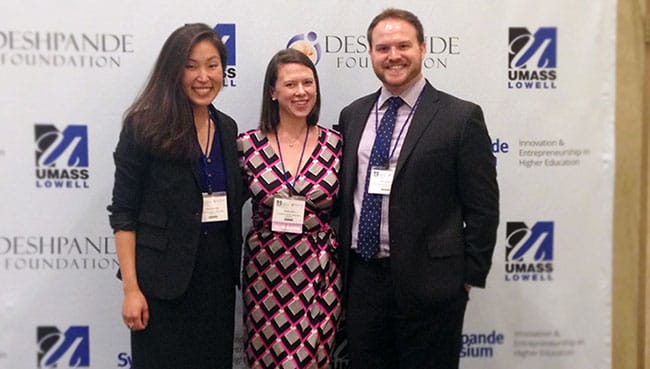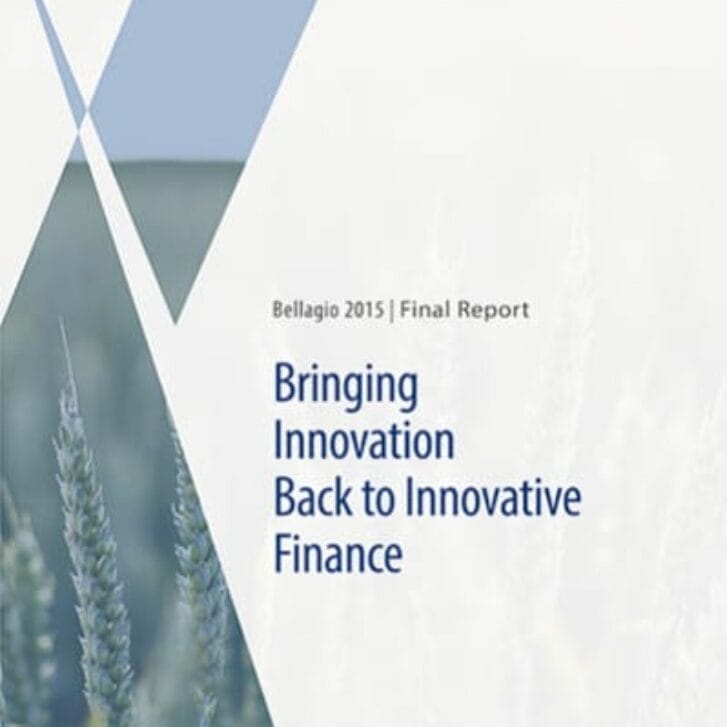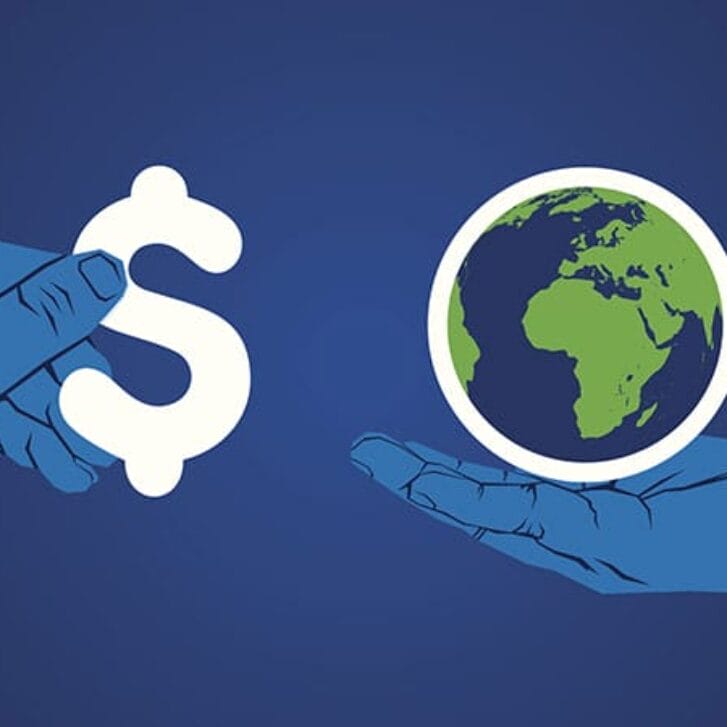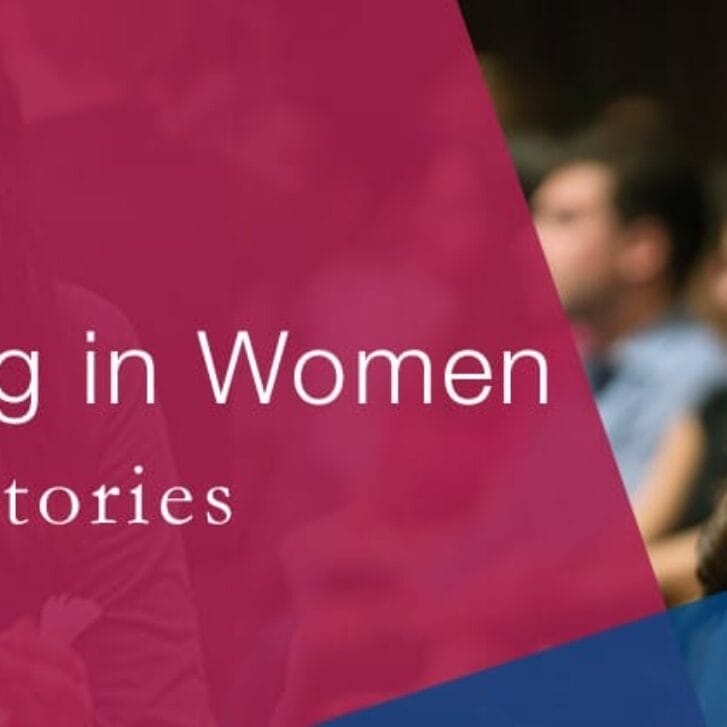In June, three members of the Wharton Social Impact Initiative (WSII) team headed to Boston to participate in the fourth annual Deshpande Symposium for Innovation and Entrepreneurship in Higher Education.
We wanted to show the higher education community that Wharton is building on our long-standing reputation as leaders in business and finance research and education to also be a leading positive force in the world.
Our panel, “Business for Good Is Good for Business: Creating a Social Impact Ecosystem at the Wharton School,” shared the story of how WSII came to be, the thought leadership we have built over our five years of existence in the field of impact investing, and the longstanding commitment we have to making impact on the ground in both our students and in the world. We were honored that, in a conference with parallel panels running on interesting topics, we presented to a crowded and enthusiastically engaged room of colleagues.
As the institutional hub for social impact at Wharton, the opportunity to participate in a conference focused on innovation and entrepreneurship resonated for us on multiple levels.
Not only does a large part of our work focus on innovation and entrepreneurship as tools for impact—including social enterprise, innovative finance and more—but we ourselves have innovation and entrepreneurship baked into our core operations as well.
Deshpande was a great opportunity to learn from other university groups how both to improve our programming and how to grow, strengthen and evolve as an overall initiative that is Wharton-based but spans across the University of Pennsylvania. We aimed to present as actionable takeaways as possible and hoped our colleagues would be able to learn from the successes and challenges we’ve faced in the five years of our existence.
As we had hoped, we took away a few key conclusions from this experience as well.
First, the power of university-wide collaboration cannot be underestimated.
We believe that when it comes to social impact, all disciplines are necessary collaborators; the days of siloed impact efforts are long gone. To hear from other universities that their innovation and entrepreneurship efforts were most successful when working collaborative across their schools was validating to our efforts to be Penn-wide.
Second: for significant momentum, leadership from the top is key and that in word and in action, the leadership of a university sets the tone for what is a priority to their universities.
Given that, we were very proud to be presenting on social impact only days after Wharton Dean Geoffrey Garrett published a piece titled “Empower the Private Sector and You’ll Create Public Good,”one of a number of his messages that emphasizes the need for greater social impact in business schools and in the private sector.
And third, the jury is still out on impact measurement.
Each group presented on a unique definition and understanding of “impact.” Student impact, for example, meant classroom education for one group and extracurricular experience for another; breadth having utmost important for one, and depth for another.
This experience affirmed the incredible value there is to engaging with other impact-oriented centers that go beyond Penn and other universities in our surrounding community—from community colleges to the Ivy League.
To share our theories with like-minded peers and to take the time to continue the relationships built at this symposium is to show the world that Wharton is, in fact, invested in doing good for the world and eager to share what we can to help more than just our students to do good and do well.
 Editor’s note: Sandi Hunt (center), WSII senior manager, and Stephanie Kim, WSII manager of community impact, co-authored this piece. The original version appeared on the Wharton Social Impact Initiative Blog on July 27, 2015.
Editor’s note: Sandi Hunt (center), WSII senior manager, and Stephanie Kim, WSII manager of community impact, co-authored this piece. The original version appeared on the Wharton Social Impact Initiative Blog on July 27, 2015.


























